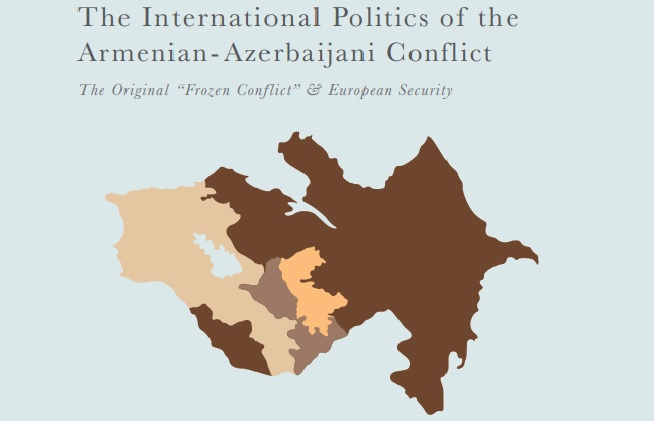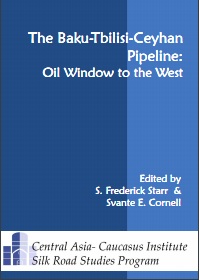The International Politics of the Armenian-Azerbaijani Conflict

Kazakhstan and Europe: Towards a New Partnership
By Michael Emerson
ISDP Policy Brief no. 190
December 21, 2015
Click here for the PDF version of the Policy Brief
On December 21, 2015, the European Union and the Republic of Kazakhstan signed the new Enhanced Partnership and Cooperation Agreement in the Kazakh capital, Astana. The new agreement replaced the original one that has been in force since 1999 and it is considered as a significant step for both sides to advance relations and strengthen political and economic cooperation. This development took place in a year when Kazakhstan joined to the World Trade Organization (WTO). In fact, the two agreements are deeply inter-locked: the Enhanced Partnership and Cooperation Agreement was signed only on condition and after Kazakhstan's accession on WTO. However, Kazakhstan is also a full member of the Eurasian Economic Union, which complicates its relationship with the European Union.
Fourth Vector: Making Sense of Kazakhstan’s Activism in International Organizations
By Johan Engvall and Svante E. Cornell
ISDP Policy Brief no. 189, December 17, 2015
In the past two years, Kazakhstan has joined the World Trade Organization, obtained a seat at the Asia-Europe Meeting, signed an Enhanced Partnership and Cooperation Agreement with the European Union, announced it would host the EXPO-2017 in Astana, and launched a bid for a rotating seat at the United Nations Security Council. This extraordinary high frequency of international engagements is remarkable, but it represents a difference in degree and not nature in Kazakhstan’s diplomatic history. Indeed, since the fall of the Soviet Union Kazakhstan has developed a record of being the most proactive and innovative former Soviet republic in the sphere of international cooperation.
The EU and Kazakhstan: Developing a Partnership in Trade and Transport
by S. Frederick Starr and Svante E. Cornell
In 2015, the EU revised its Strategy for Central Asia, and finalized an Enhanced Partnership and Cooperation Agreement with Kazakhstan. These welcome steps will not turn the EU into a regional powerhouse overnight, but provide the EU with a platform to play a constructive role in Central Asia. The EU can achieve that if it avoids focusing on issues where it has little hope of direct influence, such as regional security affairs and domestic governance. Instead, to gain such a role eventually, the EU should focus on revitalizing the promise of its visionary initiative of the 1990s – the Transport Corridor linking Europe to Asia via the Caucasus and Central Asia – which it allowed to slip, handing the initiative to other powers, primarily China.
The Baku-Tbilisi-Ceyhan Pipeline: Oil Window to the West
By S. Frederick Starr & Svante E. Cornell (Eds.)
Click to Download full book as PDF file or click on individual chapters below.
1. The Baku-Tbilisi-Ceyhan Pipeline: School of Modernity 7
S. Frederick Starr
2. Geostrategic Implications of the Baku-Tbilisi-Ceyhan Pipeline 17
Svante E. Cornell, Mamuka Tsereteli and Vladimir Socor
3. Economic Implications of the Baku-Tbilisi-Ceyhan Pipeline 39
Jonathan Elkind
4. The Baku-Tbilisi-Ceyhan Pipeline: Implications for Azerbaijan 61
Svante E. Cornell and Fariz Ismailzade
5. The Baku-Tbilisi-Ceyhan Pipeline: Implications for Georgia 85
Vladimer Papava
6. The Baku-Tbilisi-Ceyhan Pipeline: Implications for Turkey 103
Zeyno Baran
7. Environmental and Social Aspects of the Baku-Tbilisi-Ceyhan Pipeline 119
David Blatchford


